
[tldr]
- Eczema — or atopic dermatitis — is a skin condition marked by itchy, inflamed, skin and affects more than 30 million Americans. Though its causes aren’t known, it is linked to asthma, hay fever, and food allergies.
- Eczema also seems to be connected to the intestinal microbiome, and research indicates that prebiotics (fiber-rich food that feeds our gut bacteria) might be helpful in preventing and alleviating eczema.
- Other nutrients that help eczema include anti-inflammatory fatty acids, micronutrients that support immune function, and phytochemicals.
- Conversely, fast food and processed food have been linked to increasing both the prevalence and severity of eczema symptoms.
[/tldr]
If you’re one of the estimated 31.6 million Americans suffering from eczema, chances are just hearing the word eczema is enough to make your skin crawl. The term is a bit of a catch-all to describe a number of skin conditions marked by itchy, red, inflamed skin.[ref url=”https://www.ncbi.nlm.nih.gov/pubmed/17498413″]
There are a few variations of eczema, including contact dermatitis, which happens as a result of coming in contact with an allergan or other irritant; dyshidrotic eczema, which affects the hands and feet and appears as itchy blisters; and seborrheic dermatitis, a chronic form of eczema that shows up on the scalp, nose, or other oily parts of the skin.
But when people talk about eczema, typically they’re specifically talking about atopic dermatitis, the most common form of eczema, which affects an estimated 18 million adults in the U.S.
Atopic dermatitis tends to strike young and rarely starts in adulthood (so if you’re currently eczema-free, you’re probably in the clear). About 90 percent of eczema-sufferers will experience their first bout with eczema before they blow out the candles at their fifth birthday party.[ref url=”https://nationaleczema.org”]
While doctors and researchers are still trying to pinpoint the exact causes of atopic dermatitis, there are a few likely suspects. For one, there’s a link between eczema and other allergies. About half of the people who have severe eczema also have asthma, and about two-thirds of eczema-sufferers also have hay fever. There seems to be a strong hereditary component as well. Kids with one or more parent that has atopic dermatitis, asthma, or hay fever are more likely to develop eczema.
Certain environmental factors can trigger eczema flare-ups, such as stress, certain fabrics or detergents, or dry skin — as well as what you put into your body. Though not fully understood yet, there’s a definite connection between eczema and food, too, as about 30 to 40 percent of babies and children with atopic dermatitis have food allergies.
Related: Signs Your Gut Is Unhealthy and Why You Should Fix It
Eczema and diet explained
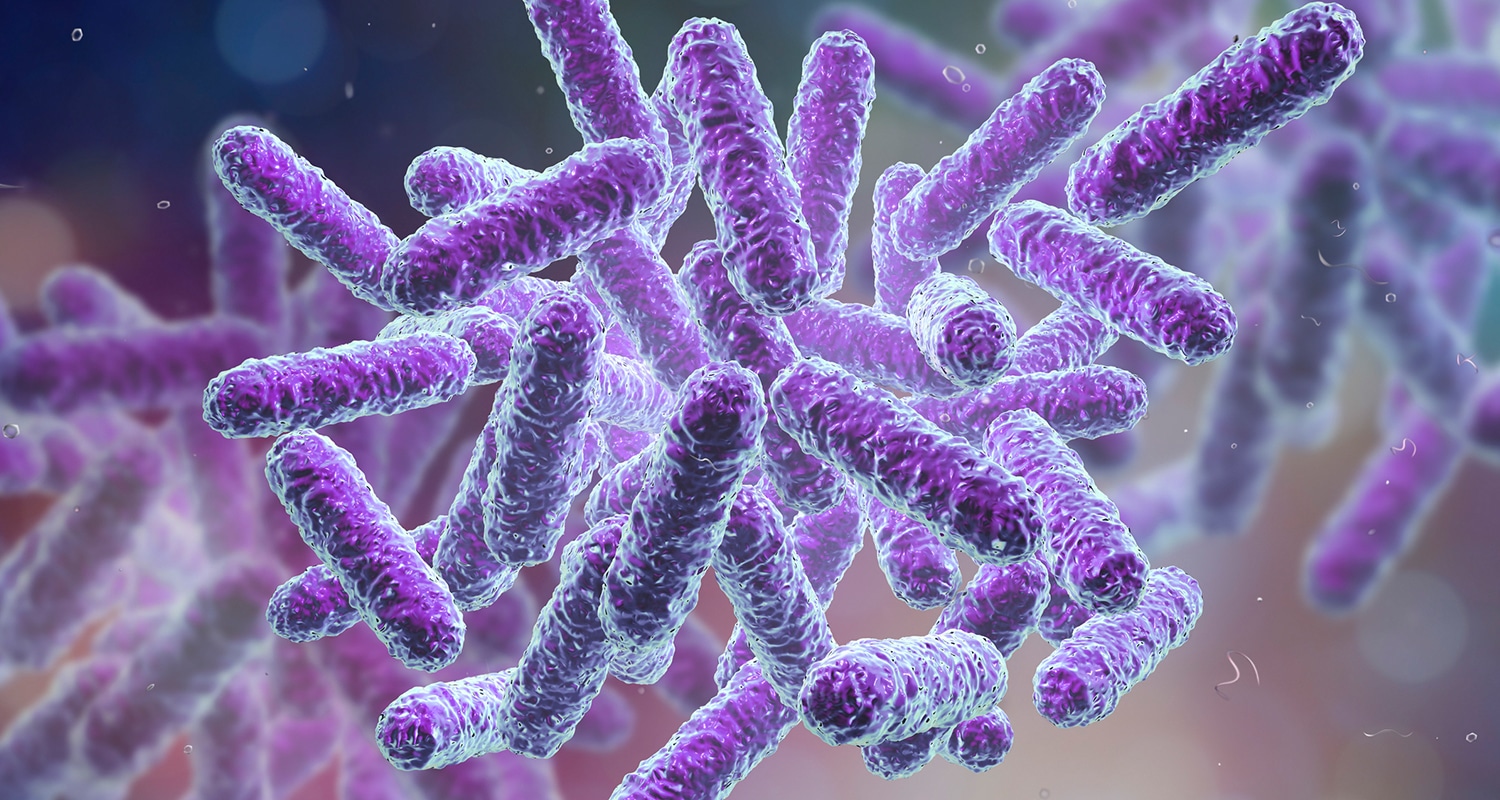
Research lends more support to the eczema-gut link. “Some differences in microbiome profiles and diversity have been noted between patients with eczema and healthy controls, though it’s not clear if there is a specific microbiome profile associated with eczema,” Fuhrman adds. One study showed a connection between antibiotic use in the first year and the development of eczema around age 6 or 7.[ref url=”https://www.jacionline.org/article/S0091-6749(09)01253-6/fulltext”]This implicates the microbiome by suggesting that eczema may be linked to the disruption of normal gut microbiota by antibiotics.
Related: How to Enhance Your Baby’s Gut for Life-long Health
The immune system factors into the eczema-gut relationship as well. “Many of the body’s immune cells are located in the gut, and the microbiome is deeply intertwined with immune function,” Fuhrman says. “There is also some evidence for a ‘gut-skin axis’ in which substances produced by the microbiome modulate inflammation and itch in the skin.”[ref url=”https://www.ncbi.nlm.nih.gov/pmc/articles/PMC6021588/”]
Eczema and prebiotics
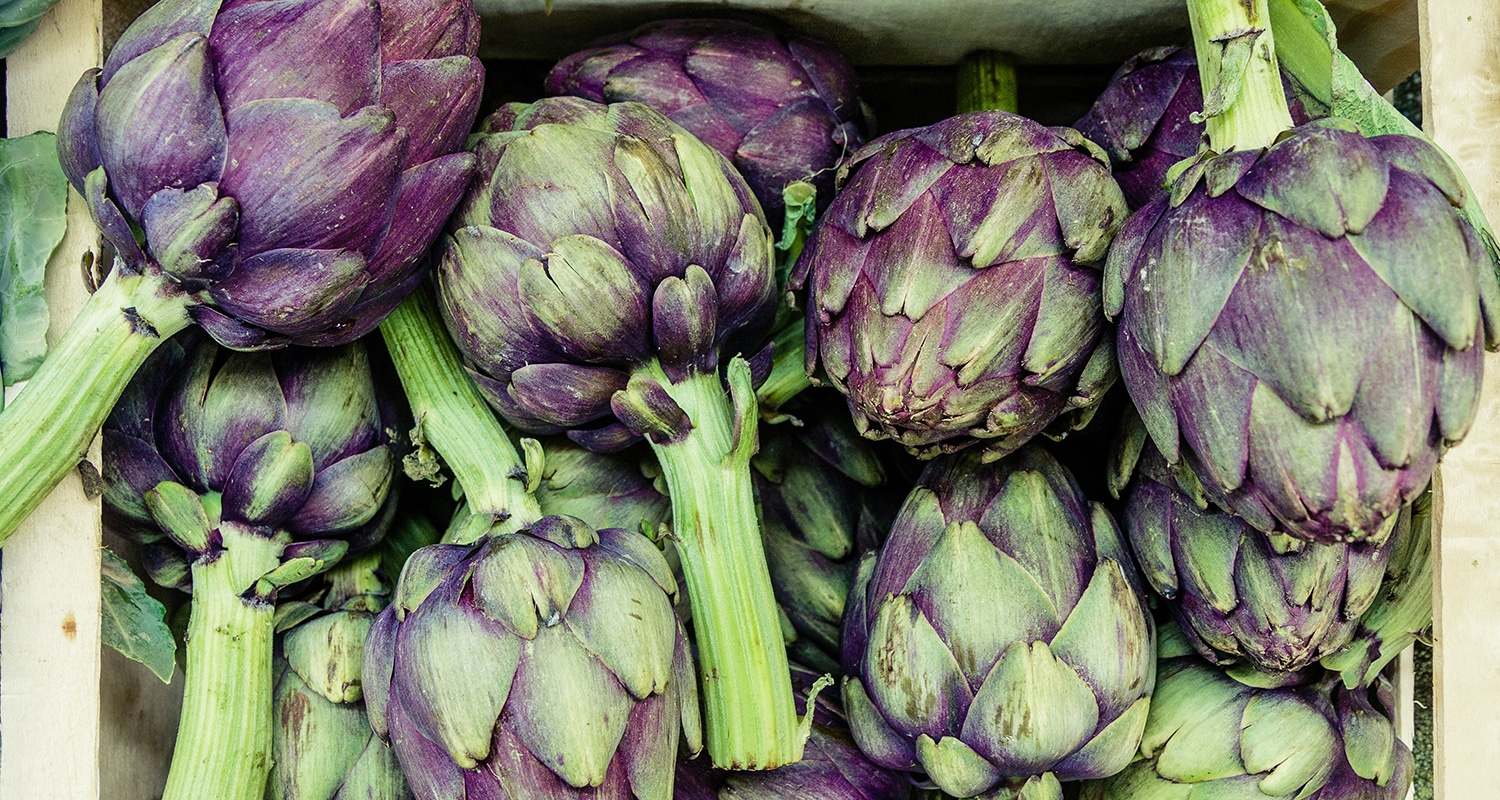
Related: Move Over Probiotics. Synbiotics Are the Gut Supplement You Need
Research published in the Archives of Disease in Childhood found that adding prebiotics to the diets of formula-fed infants reduced the incidence of eczema in the babies’ first six months.[ref url=”https://www.ncbi.nlm.nih.gov/pmc/articles/PMC2066015/”] A study published four years later produced similar results showing a link between prebiotics and atopic dermatitis prevention among infants.[ref url=”https://www.jacionline.org/article/S0091-6749(10)01136-X/fulltext”]
“The best way to keep your gut bacteria healthy is with your diet: to consume prebiotics,” Fuhrman says.
Why not just take a probiotic? Taking a probiotic supplement isn’t necessary for most people, unless you’ve recently taken an antibiotic or have a gastrointestinal condition that warrants probiotic therapy, says Fuhrman. (Prebiotics feed good bacteria, while probiotics are good bacteria.)
“Plus, it’s important to understand that the microbes from a probiotic supplement won’t successfully populate your gut unless they have sustenance, meaning the fiber that will enable them to adhere to the villi lining the gut.”
Translation: you can put all the good bacteria into your belly, but if they have nothing to eat, by way of prebiotic foods, they’ll die off immediately — a shame for your gut and your wallet.
Eating to alleviate eczema
In addition to prebiotics, there are other nutrients that may help atopic dermatitis. A healthy, whole-foods diet in general seems to be one way to avoid eczema. “A study across 53 countries showed that eczema prevalence was lower in nations with greater per capita intake of vegetables, plant protein, fish, and provitamin A carotenoids, such as alpha- and beta-carotene,”[ref url=”http://erj.ersjournals.com/content/17/3/436.long”] Fuhrman explains.
Anti-inflammatory fatty acids
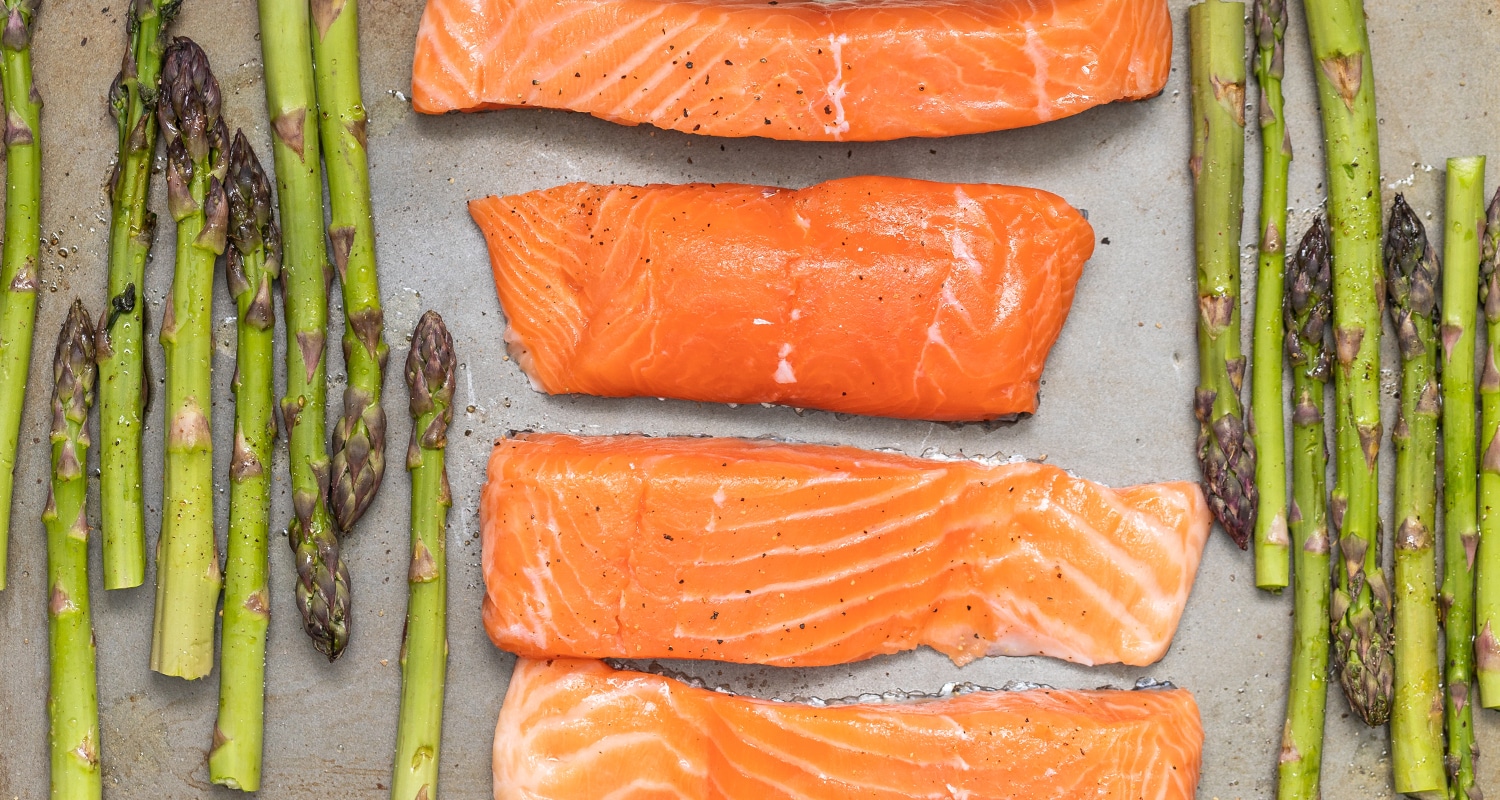
Shop Now: Omega Krill Complex DHA/EPA Supplement
Immune-boosting micronutrients
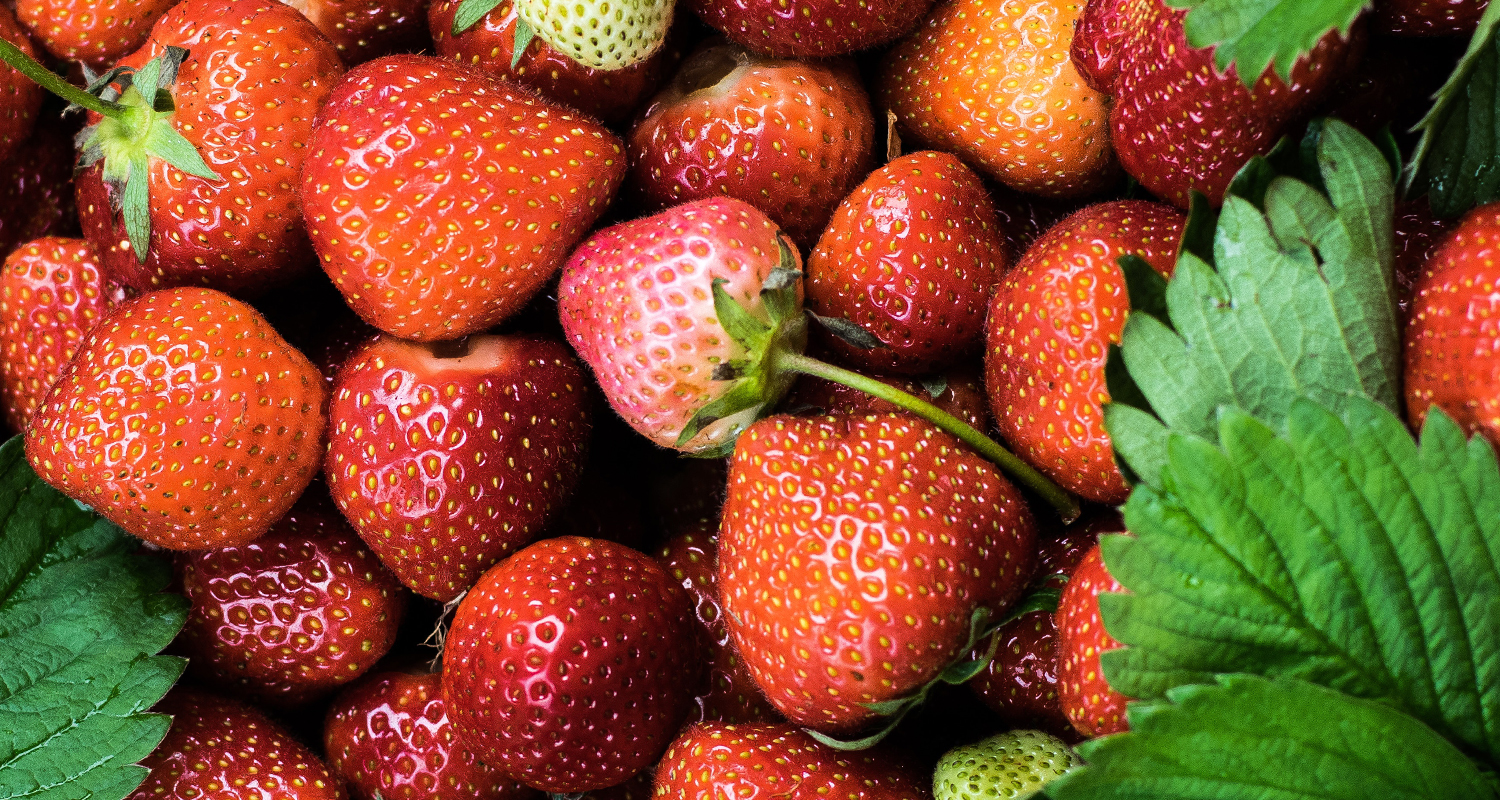
Anti-inflammatory phytochemicals

Flavonoids found in berries, green tea, and a host of other foods provide a line of defense as well. “These compounds alter cell signaling pathways leading to reduced inflammation and activation of the body’s natural antioxidant system,” according to Fuhrman. “A high-fiber nutritarian diet is rich in antioxidants and phytonutrients that helps regulate immune function and I have seen this help improve and resolve eczema for over 30 years,” he says.
Food and eczema flare-ups
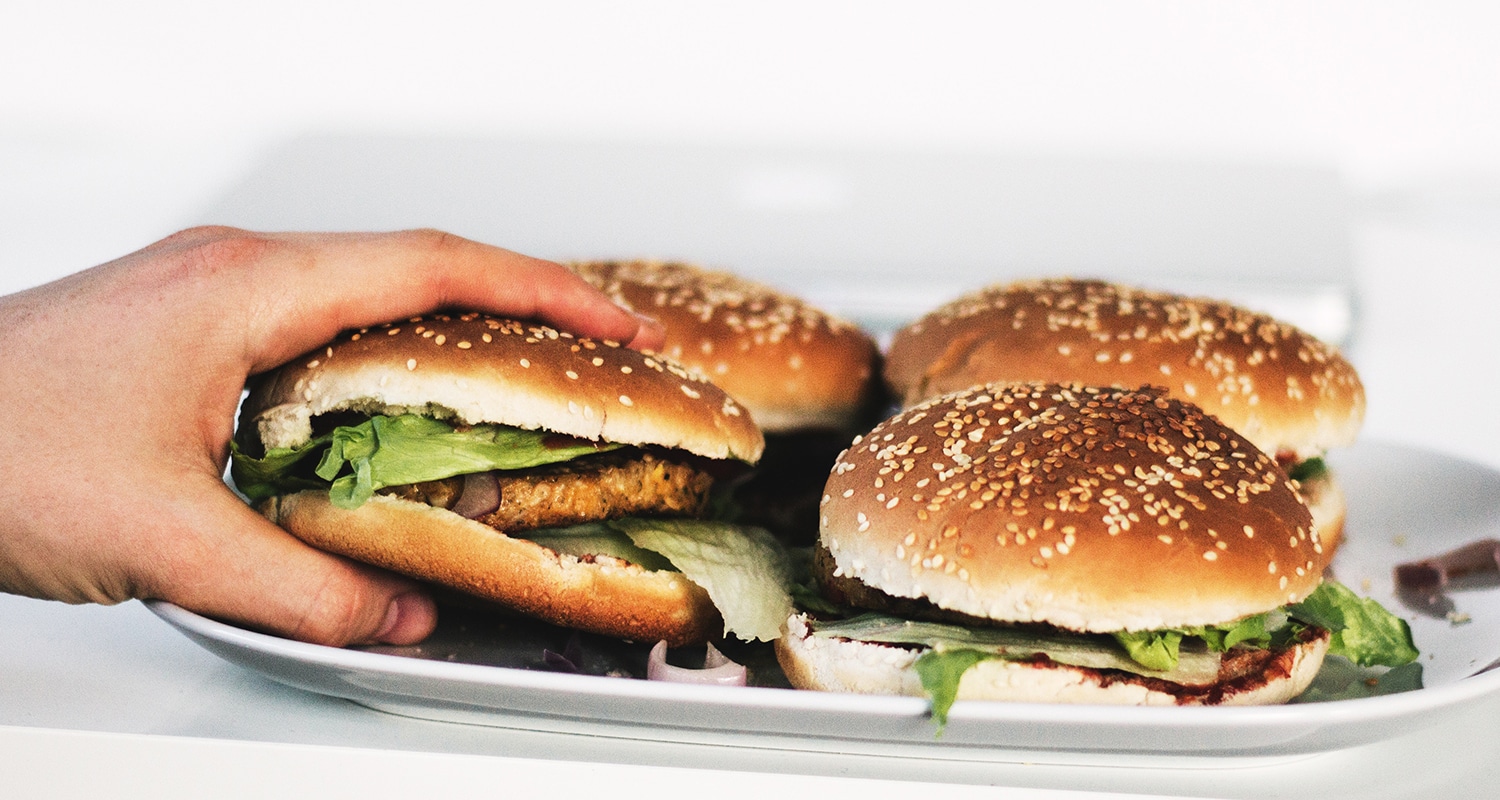
“There are several reasons why fast foods and processed foods may exacerbate eczema symptoms,” Fuhrman says. For starters, there’s the advanced glycation end products (AGEs) that are formed during baking and frying and produced in the body when blood glucose is high,[ref url=”https://www.ncbi.nlm.nih.gov/pmc/articles/PMC3704564/”] according to Fuhrman. These can lead to oxidative stress and inflammation. Then there are the negative effects of bad fats. “The large amounts of animal products and vegetable oils can shift the balance toward higher omega-6 versus omega-3 fatty acid intake,” he says.
And of course, the literal gut punch delivered by carbs found in fast and processed foods.[ref url=”https://www.ncbi.nlm.nih.gov/pmc/articles/PMC4896489/”]“The lack of fiber in refined carbohydrates harms the gut microbiome,” Fuhrman says. “These are also nutrient-poor, calorie-rich foods that crowd healthful, nutrient-rich foods out of the diet, leading to micronutrient insufficiencies, low phytochemical intake, and weight gain. In adults and children, being overweight or obese increases the risk of eczema. Excess fat is pro-inflammatory.”[ref url=”https://www.ncbi.nlm.nih.gov/pmc/articles/PMC3648822/”]










